On 23 August, the exhibition «Bakhmut - the Face of the Genocide of 1942/2022», organised by the National Historical and Memorial Reserve «Babyn Yar», opened in the Museum of the IX Fort of Kaunas. This is the first exhibition presented by Babyn Yar in the European Union with the support of the Ministry of Culture of Ukraine.
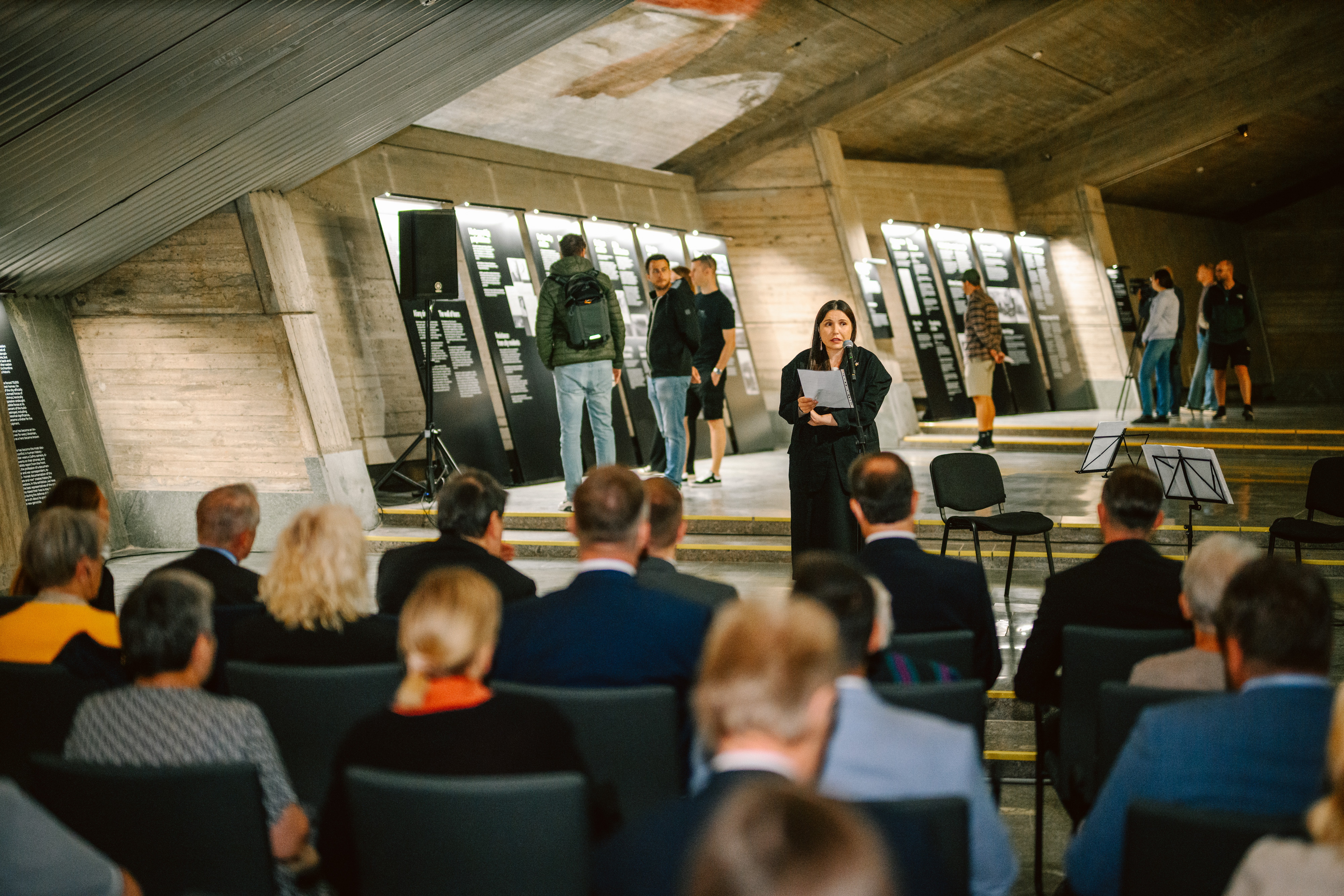
The exhibition tells the story of the little-known events of the 1942 Holocaust in Bakhmut, during which more than 3,000 people, mostly Jews, were killed, and the recent destruction of Bakhmut by Russian troops. In Ukraine, the exhibition was shown last August and received numerous positive reviews from visitors.
According to Rosa Tapanova, head of the Babyn Yar National Museum, Kaunas, with its rich cultural heritage and history, is an ideal platform to engage different audiences and promote a broader discussion on important issues: ‘It is important for us to show the world the parallels between Russia's war crimes in Ukraine today and the genocide committed by the Nazis during World War II. That is why I would like to note with special gratitude our cooperation with Lithuania, thanks to which we are opening the first international exhibition of the Babyn Yar National Museum,’ said Rosa Tapanova.
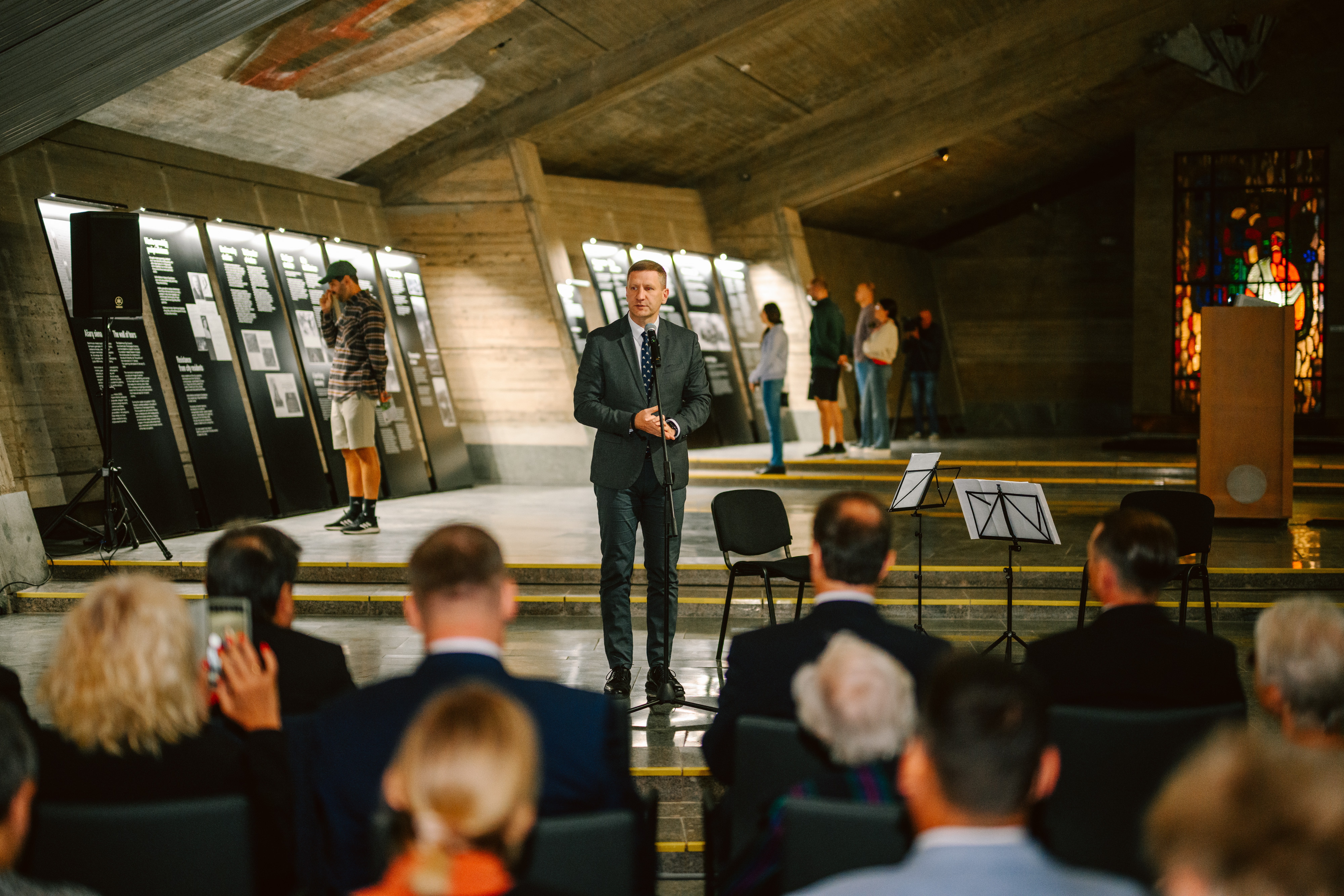
During the exhibition opening, acting Minister of Culture and Information Policy Rostyslav Karandieiev thanked the Lithuanians in a video address for their continued support of Ukraine and cooperation in cultural diplomacy, and the event was also attended by Minister of Culture Simonas Kairis, Chairman of the Seimas Culture Committee Vytautas Juozapaitis, and Deputy Chairman of the Committee on European Affairs of the Lithuanian Parliament Emanuelis Zingeris.
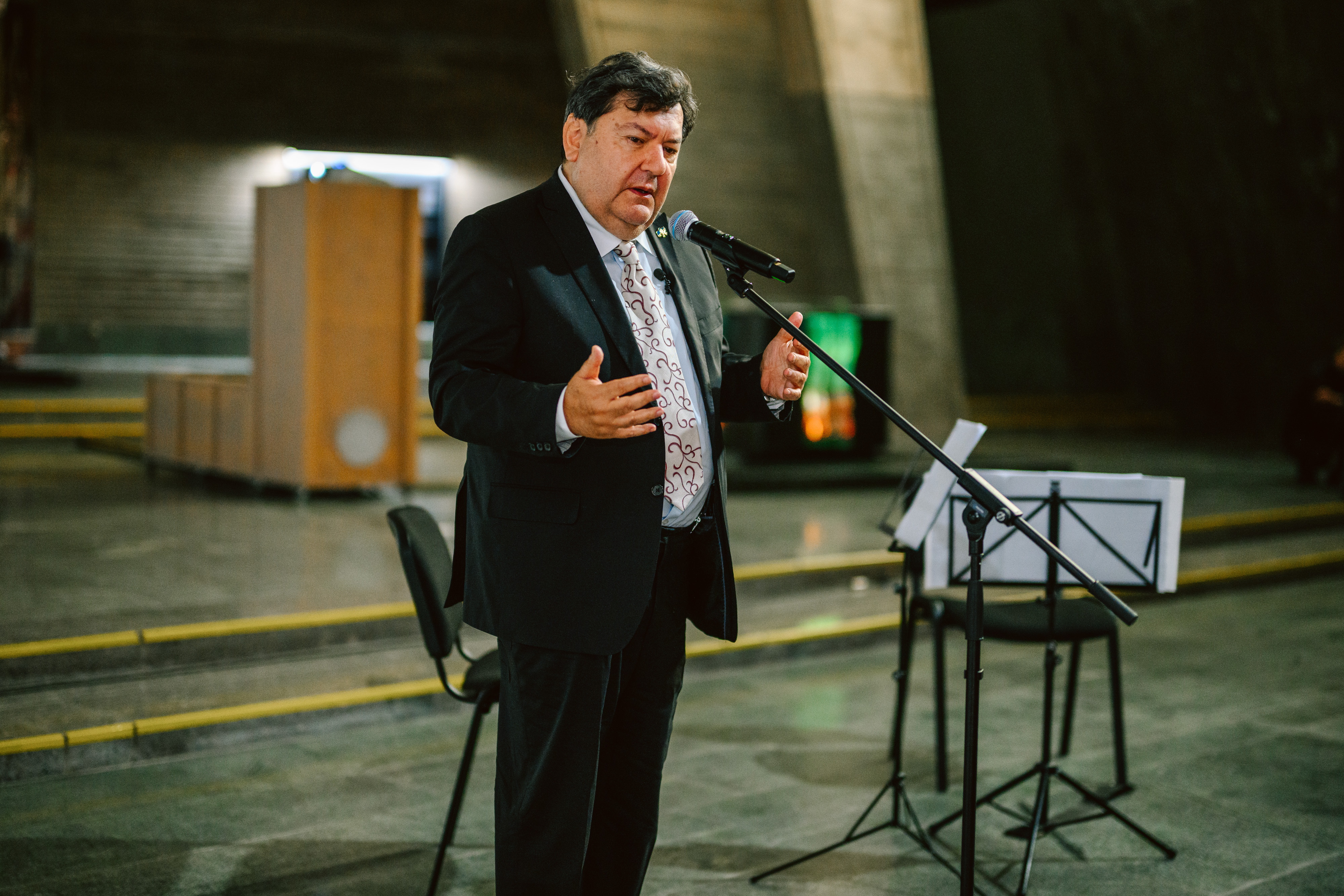
‘The exhibition is interesting and unique in that its creators are trying to combine the painful experience of the past with the traumatic reality of the present. No one else can convey this better and more truthfully than Ukrainians who face a brutal war every day. This exhibition is literally imbued with a sense of connection between the past and the present,’ said Marius Pečiulis, director of the Kaunas Fort IX Museum.
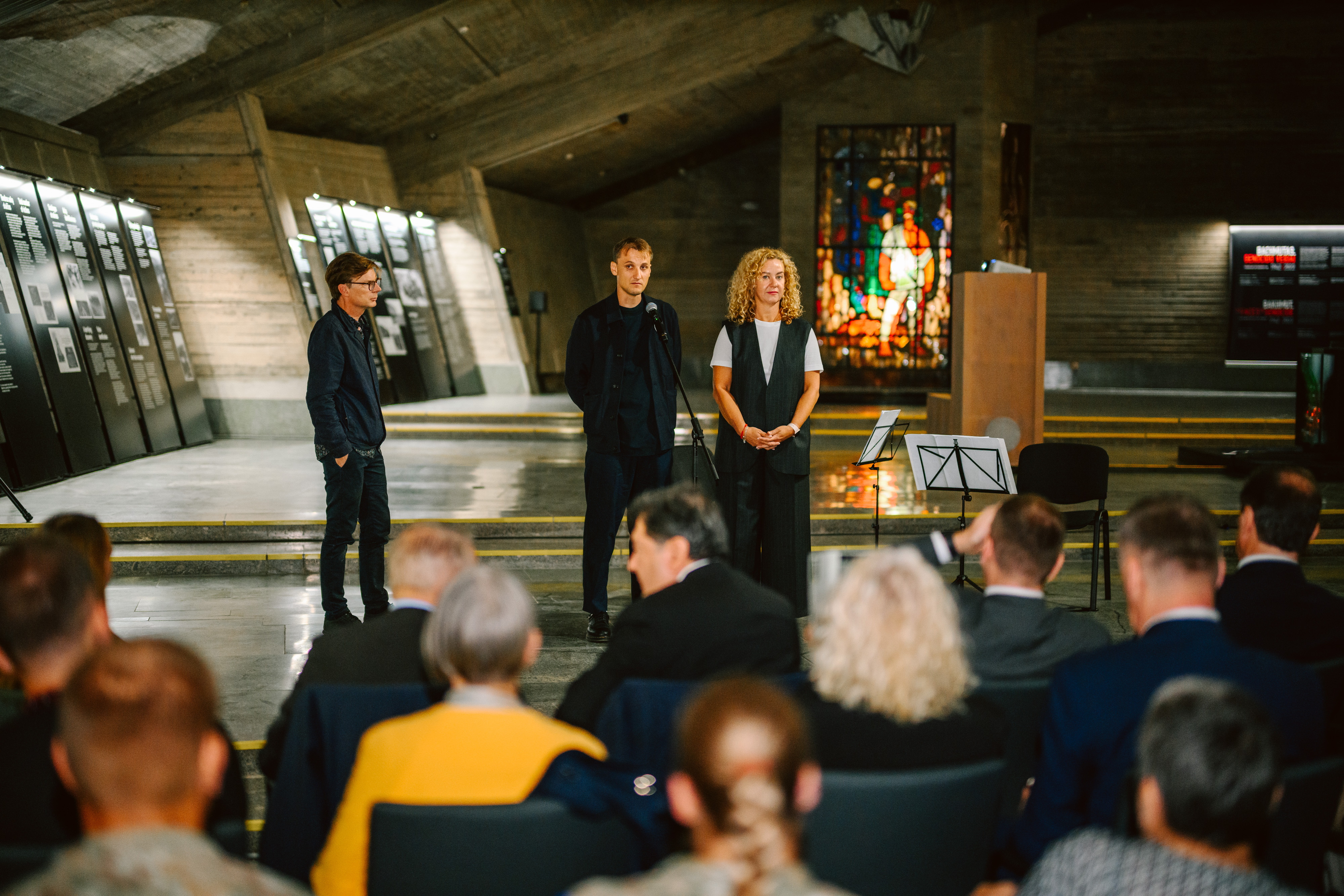
The exhibition features documents and photographs from the collections of the Bakhmut Museum of Local Lore, which provide a detailed chronology of historical events and allow us to assess the scale of Nazi crimes in 1942. Here you can get acquainted with unique archival materials, eyewitness accounts and documents that became important evidence at the Nuremberg Trials and which, with the onset of the modern genocide, were preserved. The exhibition pays great attention to art installations that broaden the perception and convey the emotional impact of these historical events.
The exhibition will run until 29 October this year.
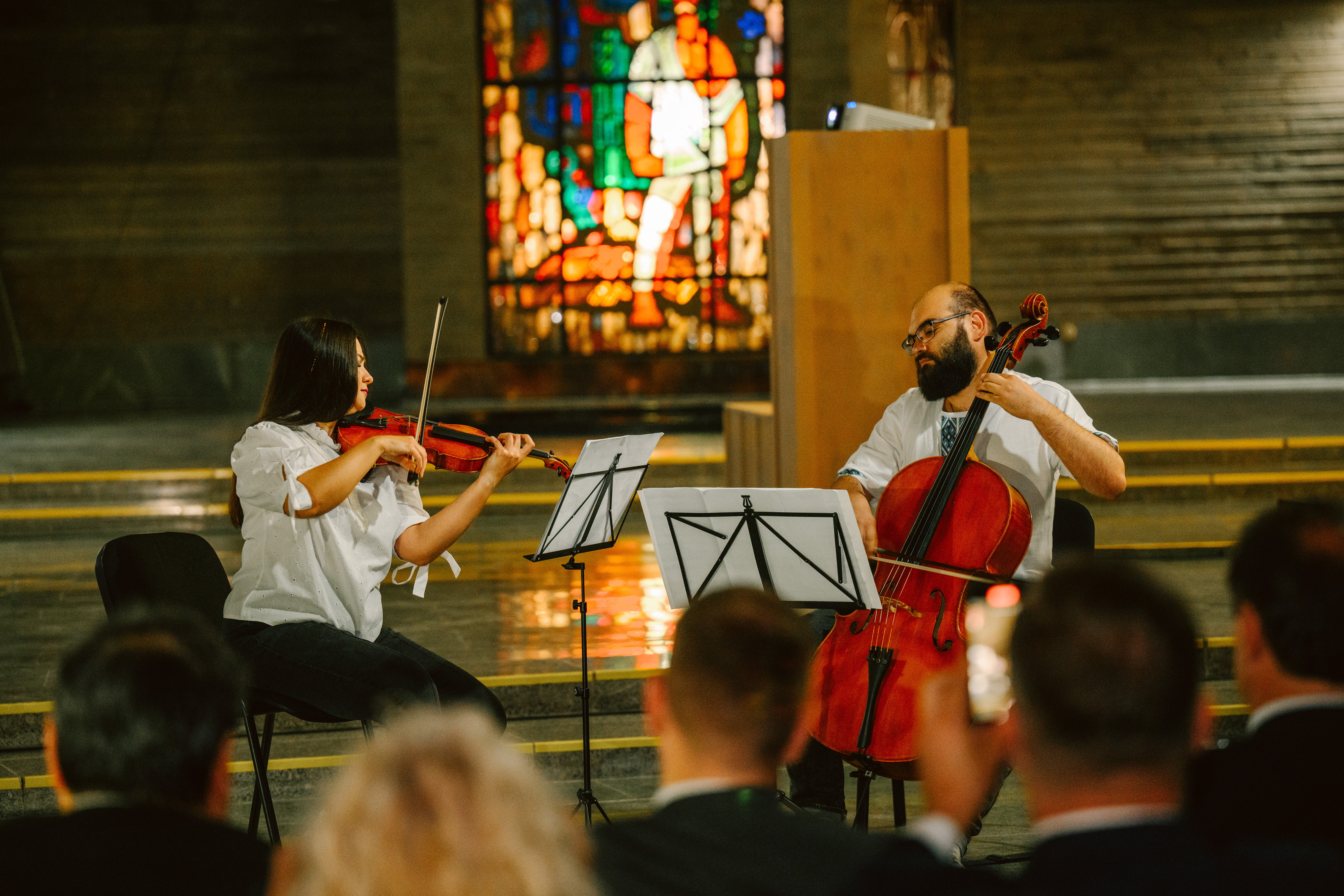
For more information:
The Kaunas Museum of the IX Fort is one of the most important cultural heritage institutions in Lithuania, dedicated to researching, preserving and promoting the history of genocide, wars and other tragedies that affected the country in the twentieth century.
